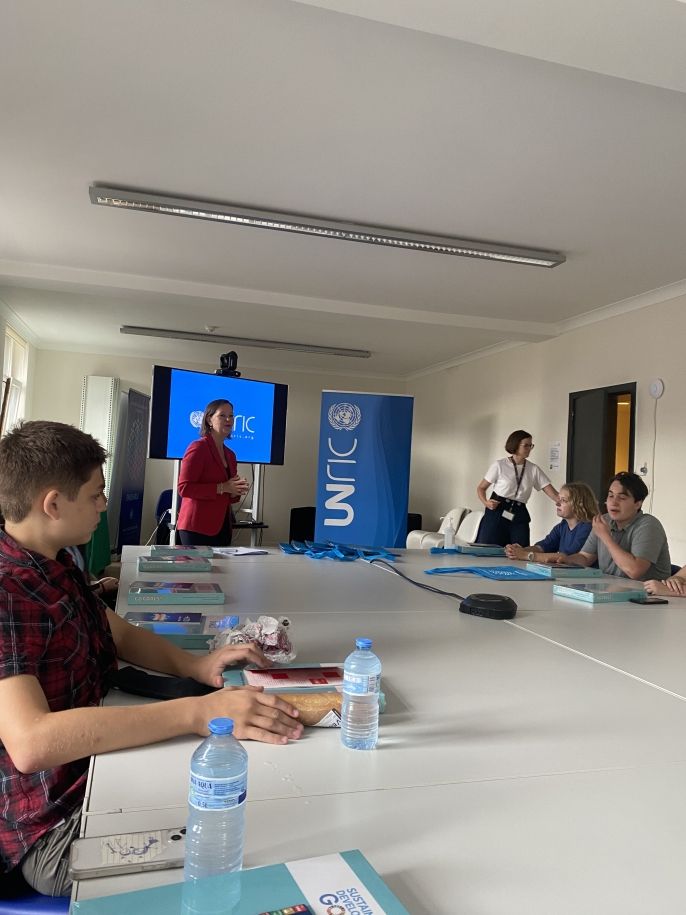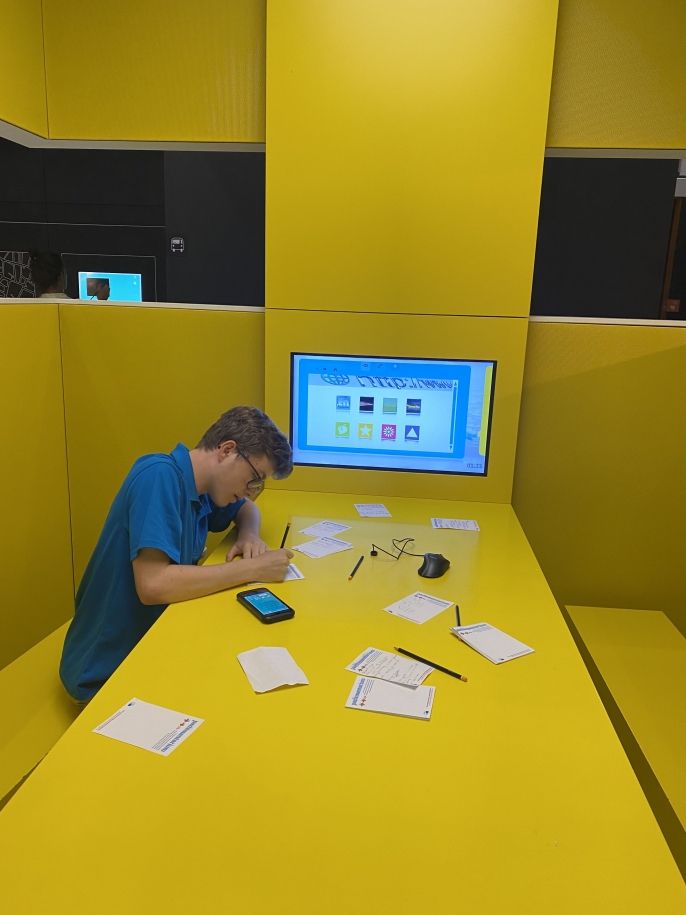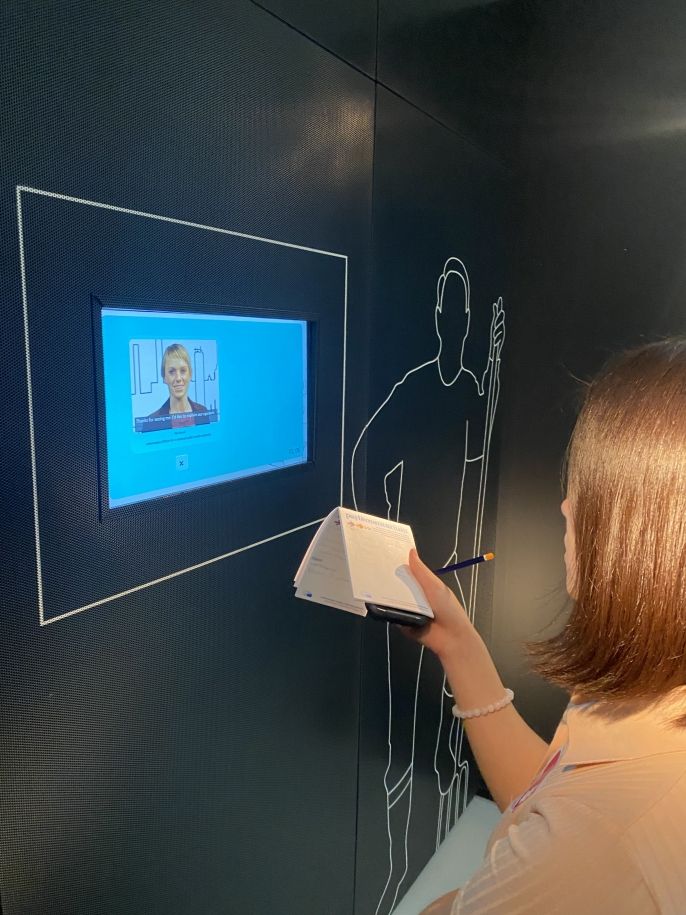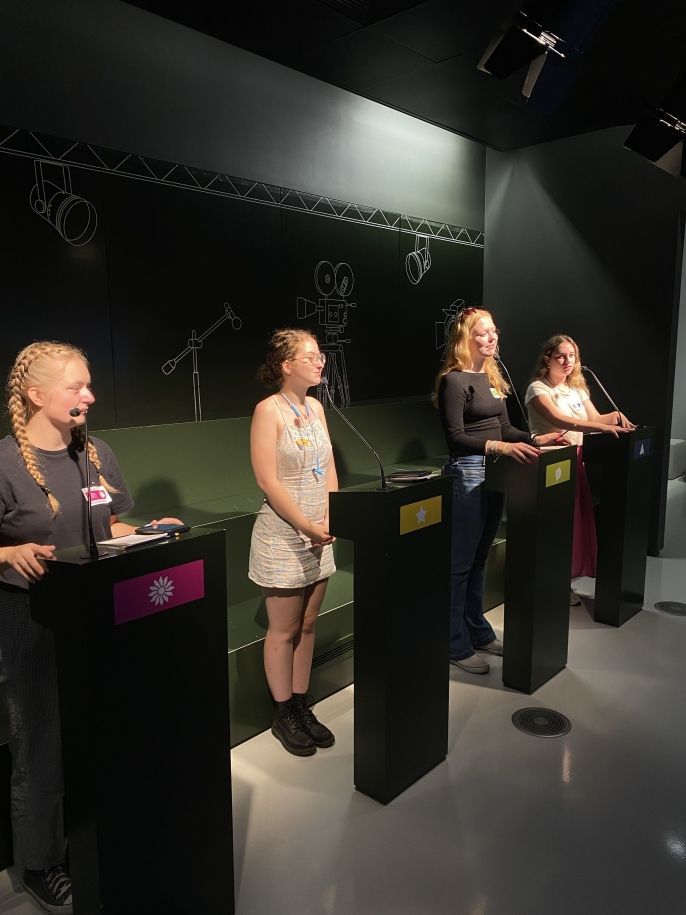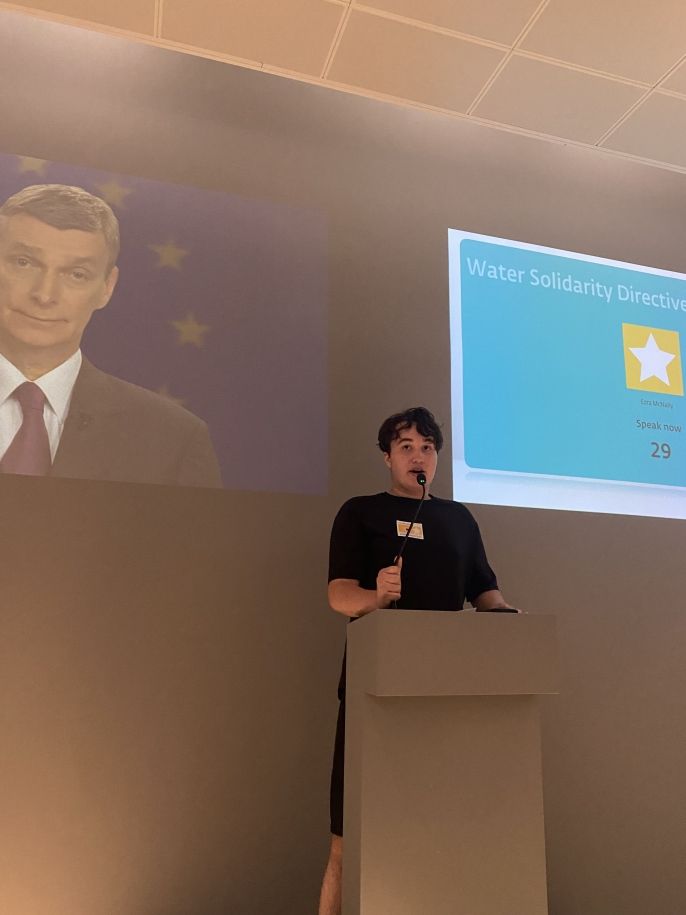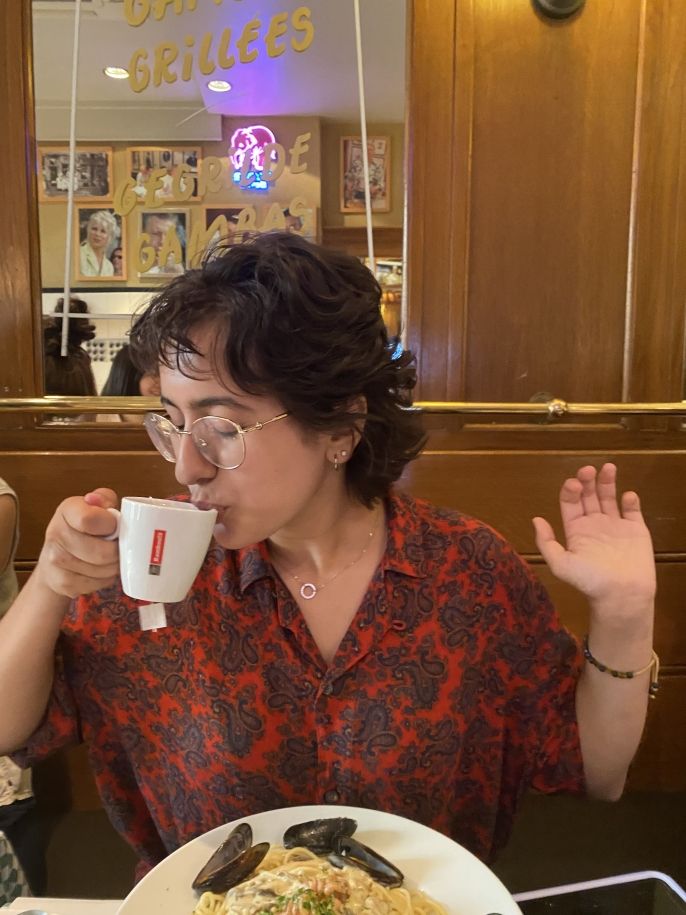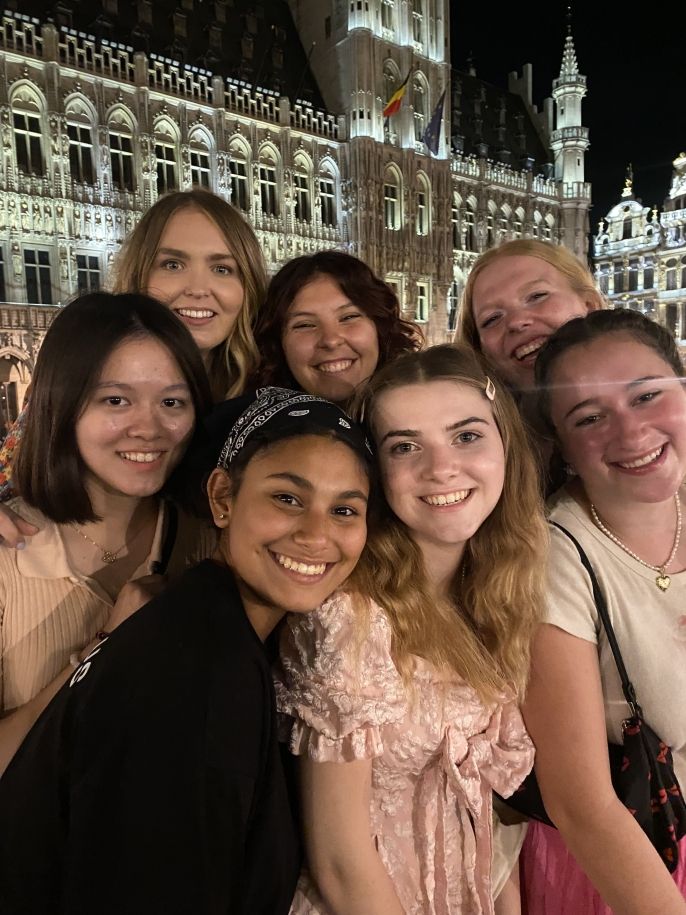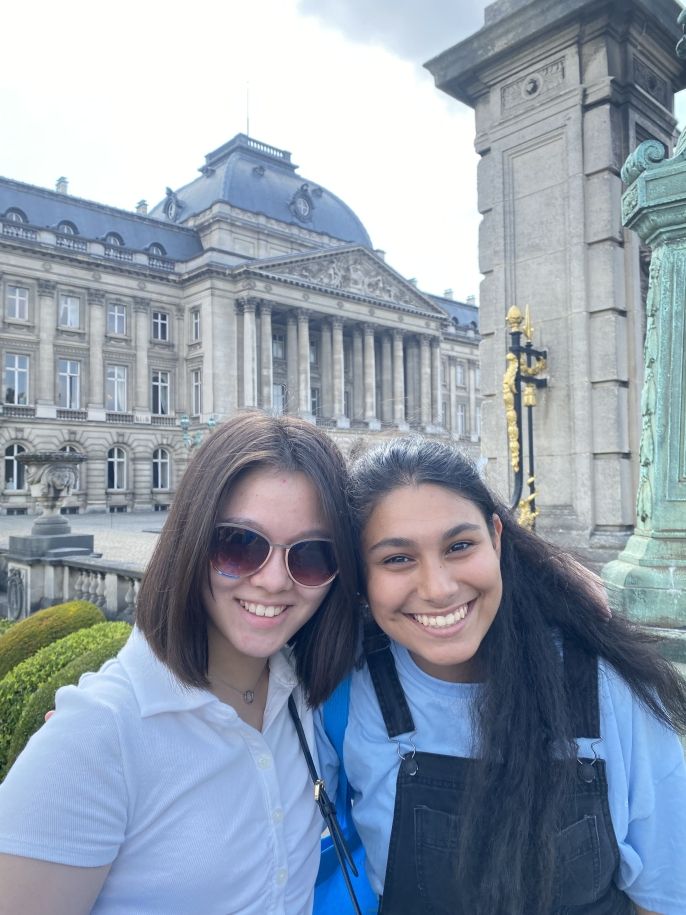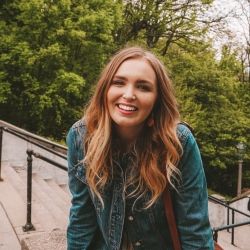Journey through the Capital of Europe
Contribution from World Government Student, Daisy:
Passports, check. Backpack, check. Toothbrush, check...And we were off!
With tired eyes but excited spirits, we said goodbye to the hostel which has become our home early one the morning and jumped on a train out of the Netherlands. Three hours later, we made it to the destination of our overnight excursion - the beautiful city of Brussels!
Now you may be asking, why were we in Brussels? Brussels is one of three capitals of the European Union and home of the European Parliament. For a group of kids studying World Government, this was a must-visit stop on our three week journey.
Immediately after arriving (and learning to deal with the heat), we noticed many differences between Brussels and Amsterdam with regards to language, religion, architecture, and commerce, and compared them to the American cities we’ve grown up in. We experienced language barriers for the first time, which we hadn’t yet dealt with in the Netherlands. French is the main language of Brussels and unlike in Amsterdam, where most people speak English, we found we had to rely much more on nonverbal communication and translation rather than defaulting to English.
We made our way to the Museum of the European Union and experienced a role-playing game of the EU Parliament, so we could learn exactly how this governing body operates. First, we were separated into parties and many of us were assigned a party whose values we didn’t personally agree with, but had to defend anyway. As members of the EU Parliament, we were given two issues (one environmental and one social) to resolve in committees and learned from simulations of citizens, experts, and politicians in order to make informed decisions. In the middle of negotiations, an “earthquake” hit Europe, and as Members of Parliament, we had to find ways to adjust and compromise on our resolutions according to the changing sentiments and needs of the European population. It was a neat experience, because we saw how disagreements and lack of compromise limited how much the Parliament was able to accomplish.
It was really interesting to me to see how it worked, and it was challenging to defend the views of our party despite how we actually felt. This helped refine our debate and teamwork skills. Beyond politics, this experience was also beneficial for our regular life, learning how to put our emotions to the side and think of the bigger picture, compromising with people we don’t necessarily agree with, and finding common ground.
While we were there in Brussels, we also got to visit a regional information center of the United Nations and listen to a presentation about the goals and initiatives of the UN in this region of the world. Later, we had a tour inside the EU Parliament building, and saw with our own eyes the areas where resolutions are drafted, negotiated, and decided upon. We also met students from other parts of Europe. I love finding connections with new people, and this trip has definitely brought many opportunities for connections.
After a long (but wonderfully fun) two days diving deep into the inner workings of the European Union, the United Nations, and - of course - Belgian waffles, we took the train home - home to Amsterdam.
Related Posts
Our Brussels Adventure Continues …
Tracy Morrison's Post: Day two led us to our first stop of the day, Experience Europe. This exhibition teaches students about the European Commission’s core work, priorities, policies and European... keep reading
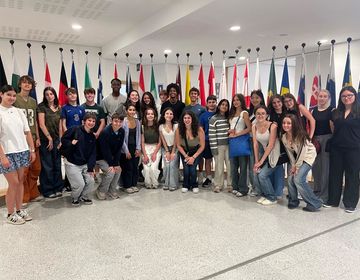
We're Off to Brussels!
Tracy Morrison's Blog Post: For our last weekend adventure in Europe we headed to Belgium. After a four hour bus ride we arrived at the bustling city center of Brussels... keep reading
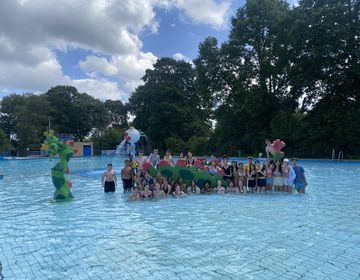
All Work and No Play? No Way!
While our students are very engaged with their classes and school work, they also love to explore and just have fun in this beautiful city! With our first week now... keep reading
